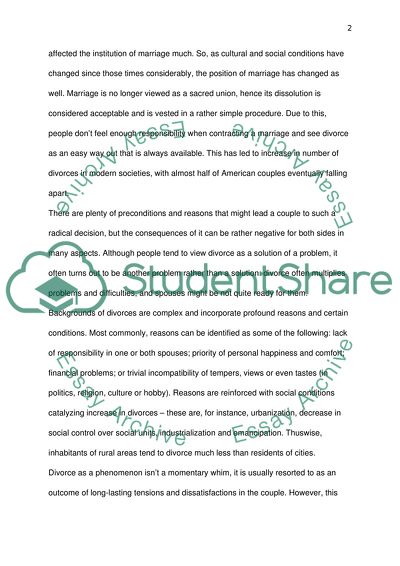Cite this document
(Divorece Affect Personal, Family, and Society Coursework Example | Topics and Well Written Essays - 3000 words, n.d.)
Divorece Affect Personal, Family, and Society Coursework Example | Topics and Well Written Essays - 3000 words. https://studentshare.org/sociology/1843715-divorece-affect-personal-family-and-society
Divorece Affect Personal, Family, and Society Coursework Example | Topics and Well Written Essays - 3000 words. https://studentshare.org/sociology/1843715-divorece-affect-personal-family-and-society
(Divorece Affect Personal, Family, and Society Coursework Example | Topics and Well Written Essays - 3000 Words)
Divorece Affect Personal, Family, and Society Coursework Example | Topics and Well Written Essays - 3000 Words. https://studentshare.org/sociology/1843715-divorece-affect-personal-family-and-society.
Divorece Affect Personal, Family, and Society Coursework Example | Topics and Well Written Essays - 3000 Words. https://studentshare.org/sociology/1843715-divorece-affect-personal-family-and-society.
“Divorece Affect Personal, Family, and Society Coursework Example | Topics and Well Written Essays - 3000 Words”. https://studentshare.org/sociology/1843715-divorece-affect-personal-family-and-society.


